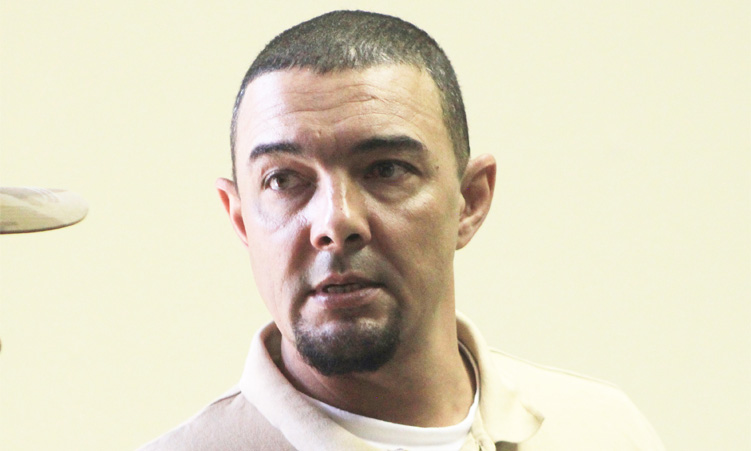LONDON – Former United Nations chief weapons inspector Hans Blix, in an interview broadcast yesterday, said British Prime Minister Tony Blair replaced ‘question marks with exclamation marks’ in intelligence dossiers used to justify the decision to invade Iraq in 2003.
Blix, who led the UN search for weapons of mass destruction in Iraq until June 2003, said a later discredited dossier on Iraq’s weapons programmes had deliberately embellished the case for war. Blair’s government published a dossier before the invasion which claimed Saddam Hussein had stockpiles of chemical and biological weapons and could deploy some within 45 minutes.”I do think they exercised spin.They put exclamation marks instead of question marks,” Blix said in an interview with Britain’s Sky News television broadcast yesterday.Blix said that Blair and US President George W Bush had “lost a lot of confidence” once failures in intelligence were exposed, according to interview excerpts released in advance.Britain’s so-called “dodgy dossier” on Iraq’s supposed possession of weapons of mass destruction was criticised by Lord Butler’s 2004 official inquiry into intelligence on Iraq.Though Butler did not fault Blair’s government, he criticised intelligence officials for relying in part on “seriously flawed” or “unreliable” sources.No weapons of mass destruction were found after the war, Butler’s review concluded, and the dossier, which helped Blair win the support of Parliament to join the US in the conflict, had pushed the government’s case to the limits of available intelligence and left out vital caveats.”I think if they’d allowed us to carry on the inspections a couple of months more then we would have been able to go to all the sites suspected of by intelligence – British, American or other,” Blix said, referring to the period immediately before the 2003 invasion.He said that intelligence officials would likely have drawn the eventual conclusion that Iraq had no weapons stockpiles and that their sources were providing poor quality information.Blix said that the US had acted like witch hunters.”They wanted to see anything as evidence that the Iraqis had weapons of mass destruction,” he was quoted as saying in the interview excerpts.Nampa-APBlair’s government published a dossier before the invasion which claimed Saddam Hussein had stockpiles of chemical and biological weapons and could deploy some within 45 minutes.”I do think they exercised spin.They put exclamation marks instead of question marks,” Blix said in an interview with Britain’s Sky News television broadcast yesterday.Blix said that Blair and US President George W Bush had “lost a lot of confidence” once failures in intelligence were exposed, according to interview excerpts released in advance.Britain’s so-called “dodgy dossier” on Iraq’s supposed possession of weapons of mass destruction was criticised by Lord Butler’s 2004 official inquiry into intelligence on Iraq.Though Butler did not fault Blair’s government, he criticised intelligence officials for relying in part on “seriously flawed” or “unreliable” sources.No weapons of mass destruction were found after the war, Butler’s review concluded, and the dossier, which helped Blair win the support of Parliament to join the US in the conflict, had pushed the government’s case to the limits of available intelligence and left out vital caveats.”I think if they’d allowed us to carry on the inspections a couple of months more then we would have been able to go to all the sites suspected of by intelligence – British, American or other,” Blix said, referring to the period immediately before the 2003 invasion.He said that intelligence officials would likely have drawn the eventual conclusion that Iraq had no weapons stockpiles and that their sources were providing poor quality information.Blix said that the US had acted like witch hunters.”They wanted to see anything as evidence that the Iraqis had weapons of mass destruction,” he was quoted as saying in the interview excerpts.Nampa-AP
Stay informed with The Namibian – your source for credible journalism. Get in-depth reporting and opinions for
only N$85 a month. Invest in journalism, invest in democracy –
Subscribe Now!









